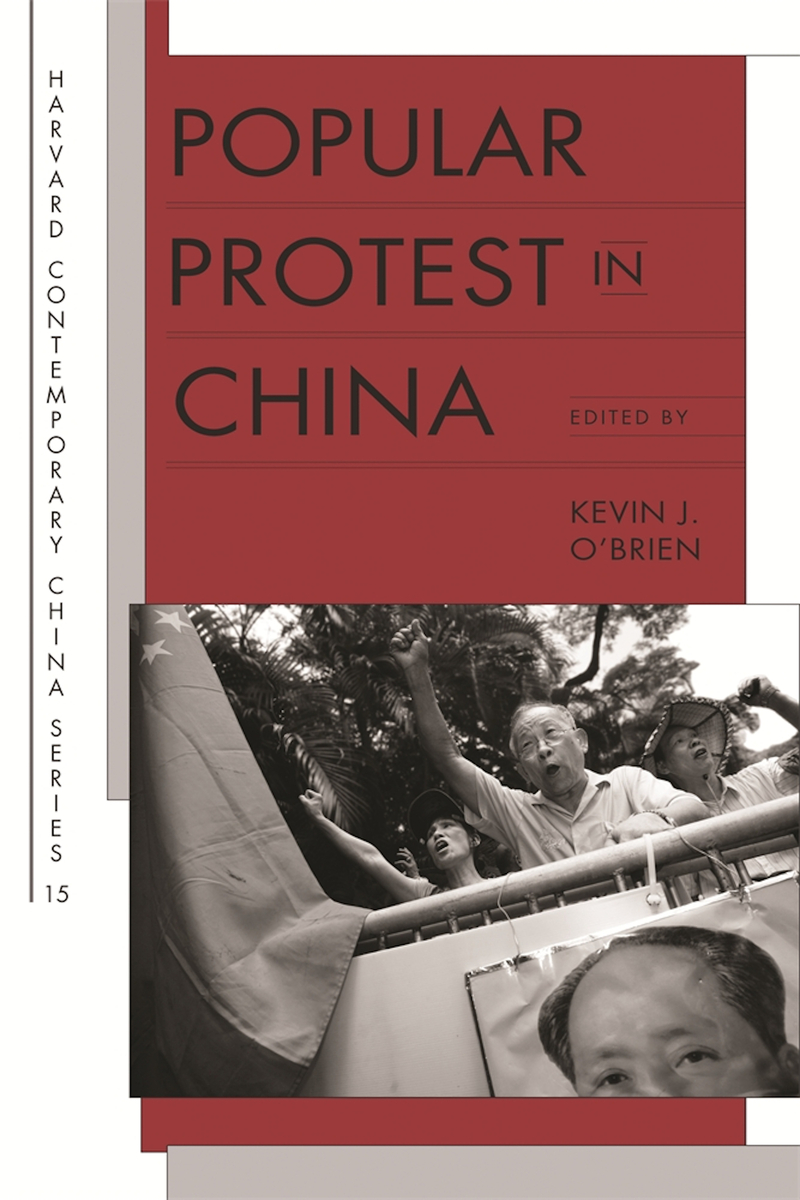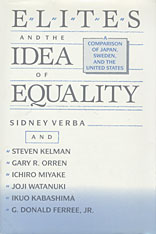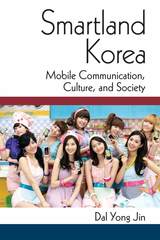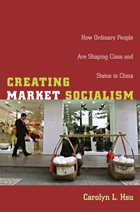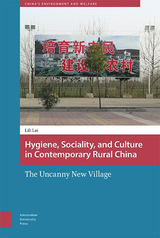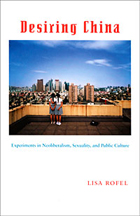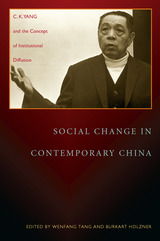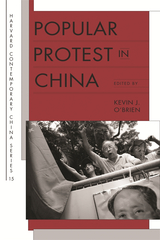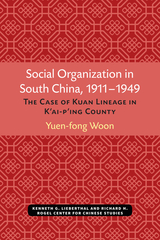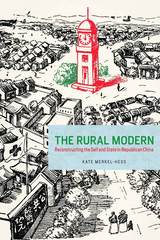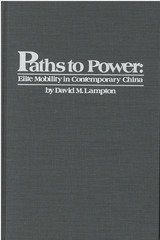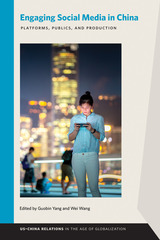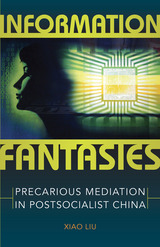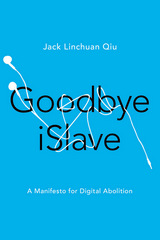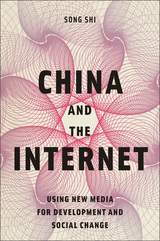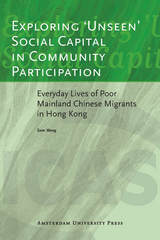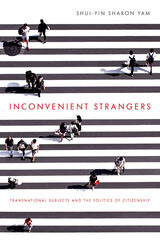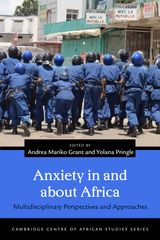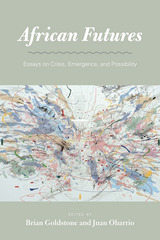This is a much needed book that will rightfully attract a great deal of attention. The Introduction is a masterful guide to the range of analytical issues concerning contentious politics, and the quality of the research, analysis, and writing throughout is impressive.
-- Marc Blecher, Oberlin College
This important book will interest both China specialists and social movement scholars. The essays cover many major issues in popular contention and protest in China, including labor rights, the environment, the internet, and religion, and offer valuable insights into such understudied topics as protest leaders and the effects of transnational activism.
-- Mary E. Gallagher, University of Michigan
A valuable addition to the studies of social movements and Chinese politics, Popular Protest in China provides a lively account of various forms of social resistance in a non-democratic environment. The wide range of assembled research encompasses a rich empirical spectrum of collective action from workers' strikes to internet contention, from environmental campaigns to religious dissent, and from openly organized or spontaneous assemblies to underground mobilizations. We find in the book many of the same stories on contemporary Chinese insurgence covered recently by the media but with much more complexity, nuance and depth.
-- Xiaodan Zhang Contemporary Sociology
This book defines its aim as to "nudge the study of contentious politics and China a step closer together." This is a welcome goal in the study of Chinese popular protests, and the book delivers what it promises. At the same time, it provides a wealth of information on contemporary contentious politics in China. Most articles in the book manage to be both theoretically interesting and to provide new information...Everyone interested in contemporary Chinese protests and social movements will find the book worth reading. It also calls for further research using concepts from studies in contentious politics. The book thus raises the level of theoretical debate by asking how well these concepts travel to China and what China can give back to them.
-- Lauri Paltemaa China Journal
Two decades of citizen action in China since 1989 have presented social movement scholars with a goldmine. A veteran scholar of Chinese protest, Kevin O'Brien, brings out this edited volume to showcase a group of experienced field researchers, continuing an effort to build a dialogue between Chinese experiences and the Western-honed theoretical models. The book is a welcome addition to the literature, as movement theorists have for years lamented the lack of lessons learned through a broadened comparative scope.
-- Yang Su China Quarterly
As Kevin O'Brien and Rachel Stern explain in their introductory chapter, the volume is designed as a springboard for new research. In that respect, they succeed marvelously. This book is highly recommended for graduate courses on contemporary Chinese politics and to anyone interested in state-society relations in China.
-- James Reilly Journal of Chinese Political Science
This fine collection of chronicles of what were largely short-lived episodes of disturbance and appeal, paired with analyses of what kept them so, sheds much light on the situation of protest in China today. The individual pieces, most of them drawing attention to novel aspects of expressing dissent in contemporary China, and new means of doing so, are all gems. Almost every one of them improves on work the authors published earlier on the same topics they write on here. But these new essays possess much more relevance to the au courant comparative social movements, "political process" approach--one that account for protest by reference to structural and ideational factors, as well as to the resources available to protesters. The extent of the theoretical and comparative material consulted and assimilated in pretty much every chapter is extremely impressive.
-- Dorothy Solinger China Perspectives
Overall, the book has several strengths that make it a valuable contribution to the literature on popular contention as well as to the study of China more generally. It includes informative cases that reflect some of the contemporary challenges facing the Chinese state. Furthermore, the individual chapters offer detailed reviews of the literature and build on one another quite well, so that the book reads as a unified body of work rather than a disjointed collection of essays, as sometimes occurs with edited volumes. Together, the essays offer a nuanced assessment of the factors contributing to the successes and failures of different protests, and have a nice combination of both historical and contemporary protests to discern important areas of convergence and divergence...The book is highly recommended for a wide audience, and it is a must-read for anyone who is interested in what the future holds for the state of protest in China.
-- Carrie Liu Currier Journal of Asian Studies
